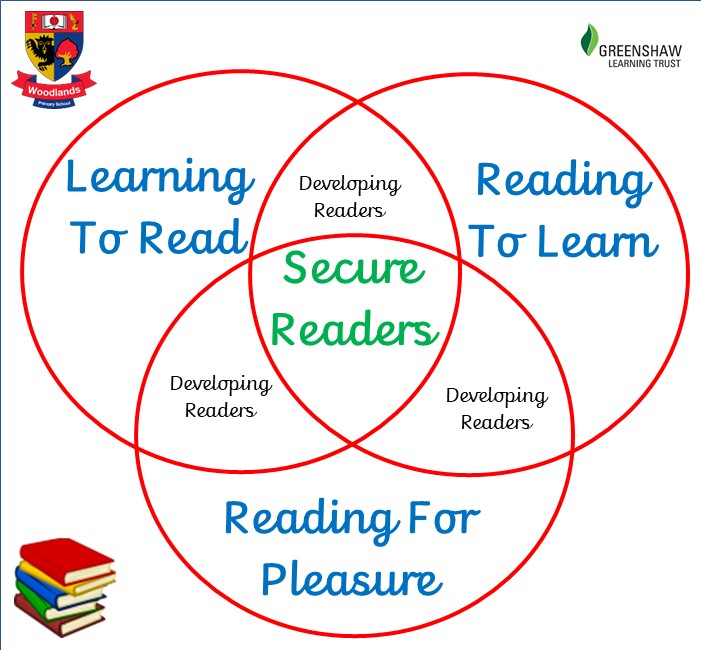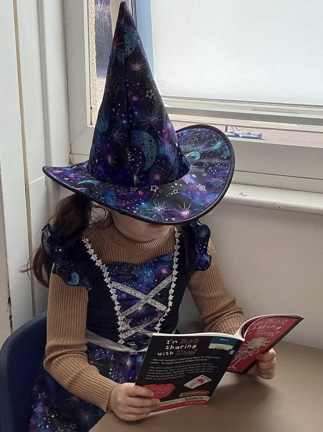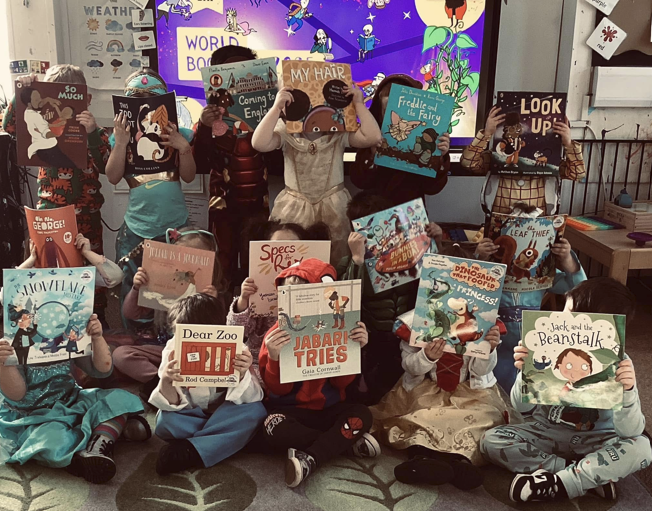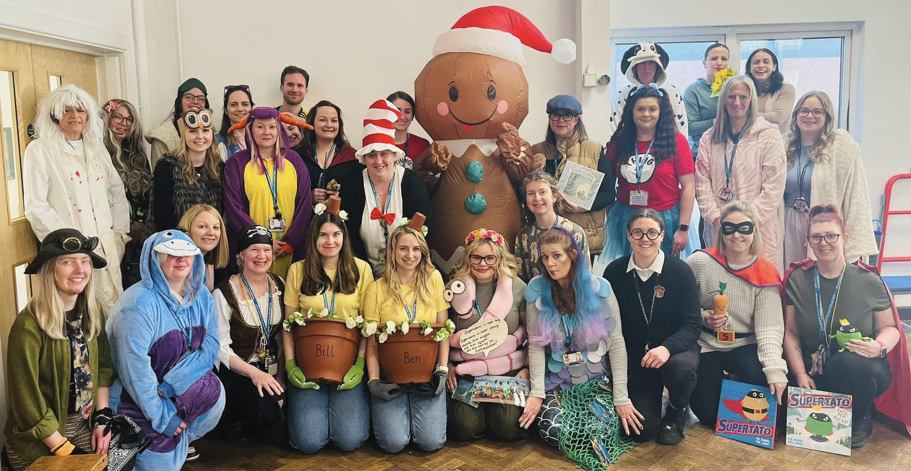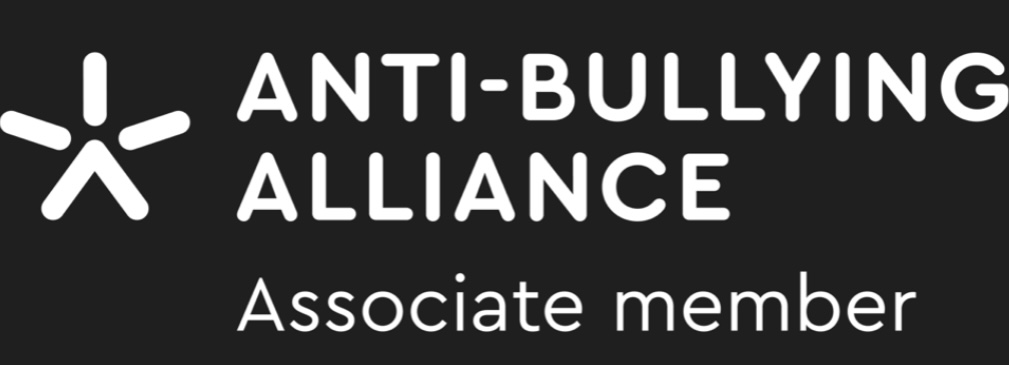Reading
Open a book - Open the world
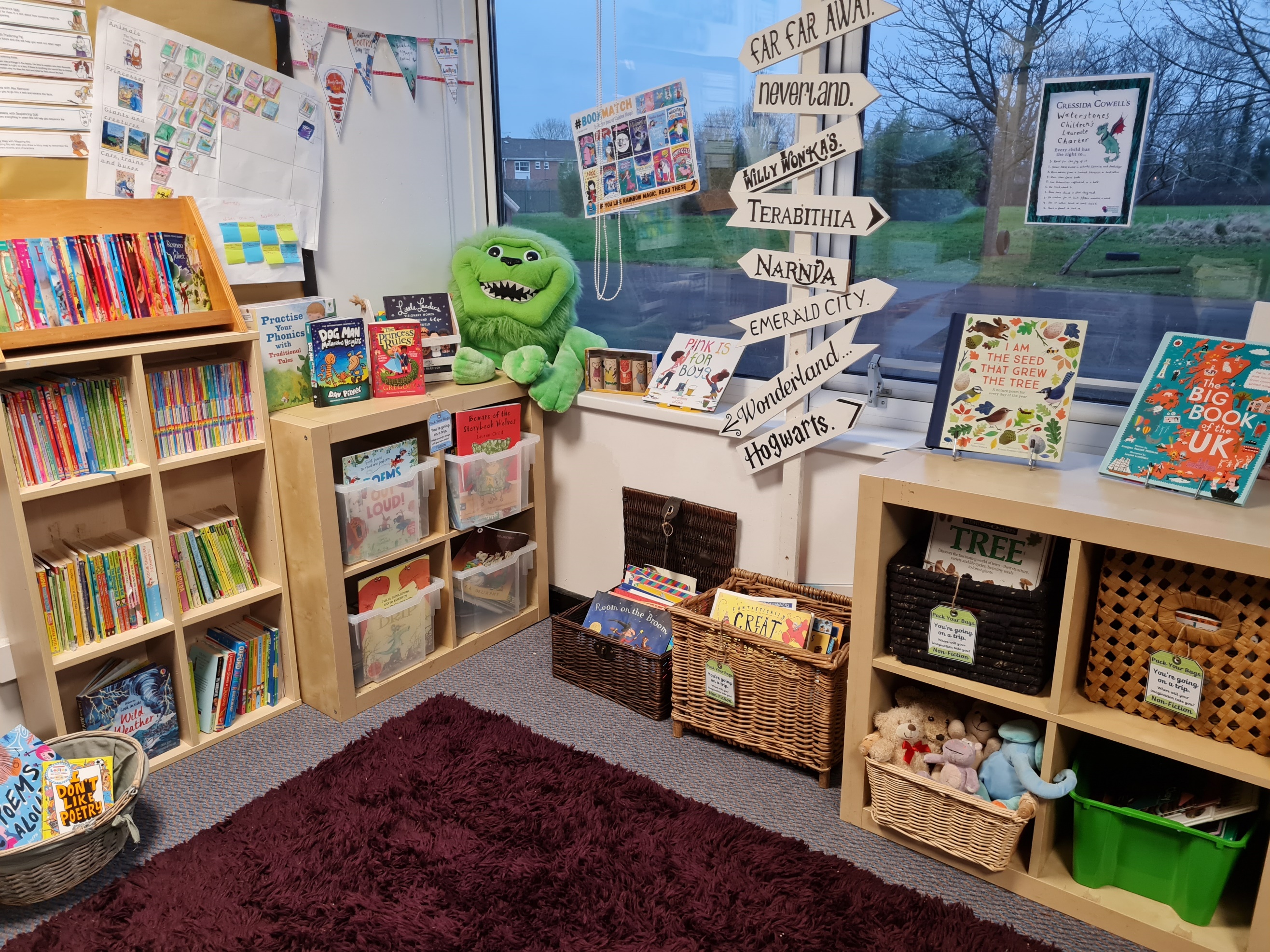
Theory of Reading
Woodlands aims to instil a lifelong love of reading in every child by ensuring they leave school as confident, fluent readers with a broad understanding of authors, genres, and the world around them. The curriculum builds on early education, focusing on strong phonics, comprehension, and analytical skills to support learning across all subjects. High expectations are set for all pupils, with targeted support provided as needed. The school values strong home-school partnerships to reinforce reading habits and skills at home. Additionally, the curriculum reflects the diversity of its community, using inclusive texts to broaden pupils’ perspectives and foster a deep appreciation for reading.
Learning To Read
At Woodlands, phonics is taught through Bug Club starting in Nursery and continuing throughout the school. Children read fully decodable books matched to their phonics level, both in print and online, with engaging features like CBeebies characters, quizzes, and rewards. Online reading is promoted to reflect future reading habits, but a wide selection of physical books and weekly ‘sharing’ books are also provided. Children’s progress is regularly assessed, with additional support given where needed. The programme is complemented by strategies such as weekly poetry to enhance fluency, prosody, and comprehension.
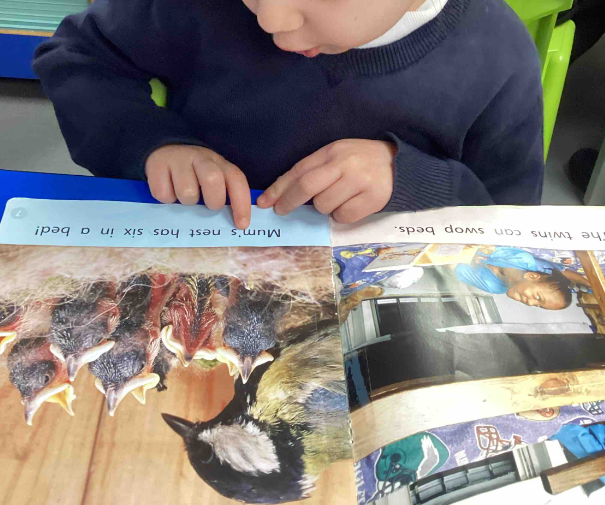
Reading to Learn
Through our daily reading lessons children learn a variety of skills which enable them to deeply understand a text. During Million Dreams topic lessons, children are given the opportunity to apply these skills. The children are also exposed to a wide variety of diverse texts across different genres in their reading lessons. This will also prepare children for the demands of KS3 and beyond, when text book reading is often used to 'learn' subject content form.
Reading for Pleasure
Reading for pleasure is a key focus of the National Curriculum and Ofsted Framework, rooted in a 2023 DfE research report showing its strong link to academic success, emotional well-being, and language development. The report found that children who enjoy reading tend to perform better academically, regardless of socio-economic background. In response, the school actively promotes a love of reading through a supportive reading culture involving families and staff, appointing reading ambassadors, and hosting events such as World Book Day, Ready Steady Read, and award shadowing programmes.
